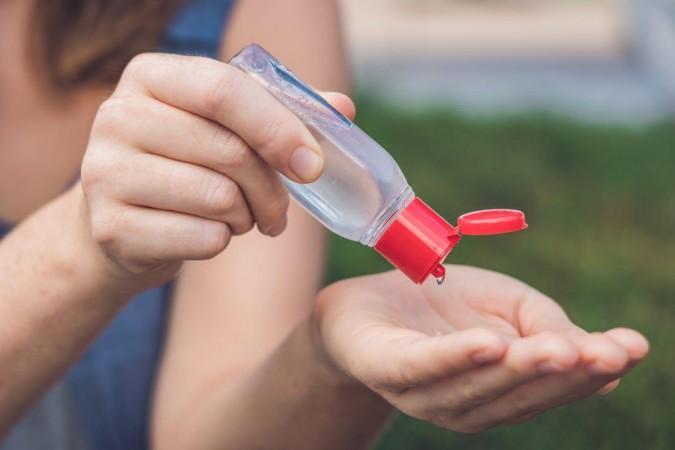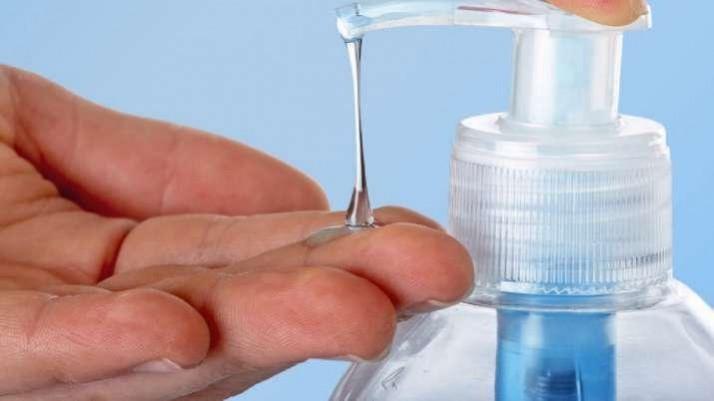Sanitisers have evidently become inevitable in our safety kits. For travelers particularly, when cleansing with soap and water turn unworkable, sanitisers are the help. But, are these hand cleansers really hazardous? Does a sanitiser carry carcinogenic ingredients?

Sanitisers and the myth of cancer
While most of the people are worried about the consequences of the long-term effect of alcohol-based hand sanitisers, these products provably do not contain any ingredients that can lead to cancer, says Rohini Karandikar, member of Hoaxbusting Team, Indian Scientists' response to Covid-19.
Although not as effective as soap and water formula, hand sanitisers with at least 60% of alcohol content in it work well to kill germs. It can thereby provide a convenient way to clean the hands in the absence of soap and water, provided your hands ain't covered in visible dirt or grease.
In addition to alcohol, sanitiser contains water, fragrance, and glycerine. Other non-alcohol based hand sanitisers contain an antibiotic compound called triclosan or triclocarban which can also be found in soaps and even toothpaste. These products are often labeled antibacterial, antimicrobial, or antiseptic soaps.
Sanitisers, according to most of the researchers, are not carcinogenic. What leads to such a probe is supposedly the dryness that results after the use of these products.

Dryness after use
As mentioned earlier, sanitisers contain alcohol. Alcohols, generally are bactericidal; because of which, it can strip the skin of good bacteria too, explains Karandikar. Home to a lot of microbes, our skin contains good bacteria that help protect it from damage and killing of these can lead to an irritation to the skin and hence the dryness.
"Alcohol-based hand sanitizers are fast-acting and significantly reduce the number of many types of germs on the skin," notes the Centers for Disease Control and Prevention.
Meanwhile, some studies hint on the toxicity in the chemicals used for fragrance in the sanitisers. Companies aren't required to disclose the ingredients that make up their secret scents, and therefore we remain unknownst to its compounds.
Can prolonged use of hand sanitisers cause cancer? Rohini Karandikar (@rohinimd25), Member, Indian Scientists' Response to COVID-19 (@IndSciCOVID) tells us that this is #FakeNews. There is no evidence that ingredients in a hand sanitiser are carcinogenic. #BOOMFactCheck pic.twitter.com/Hm8oM4XTkV
— BOOM Live (@boomlive_in) June 2, 2020














